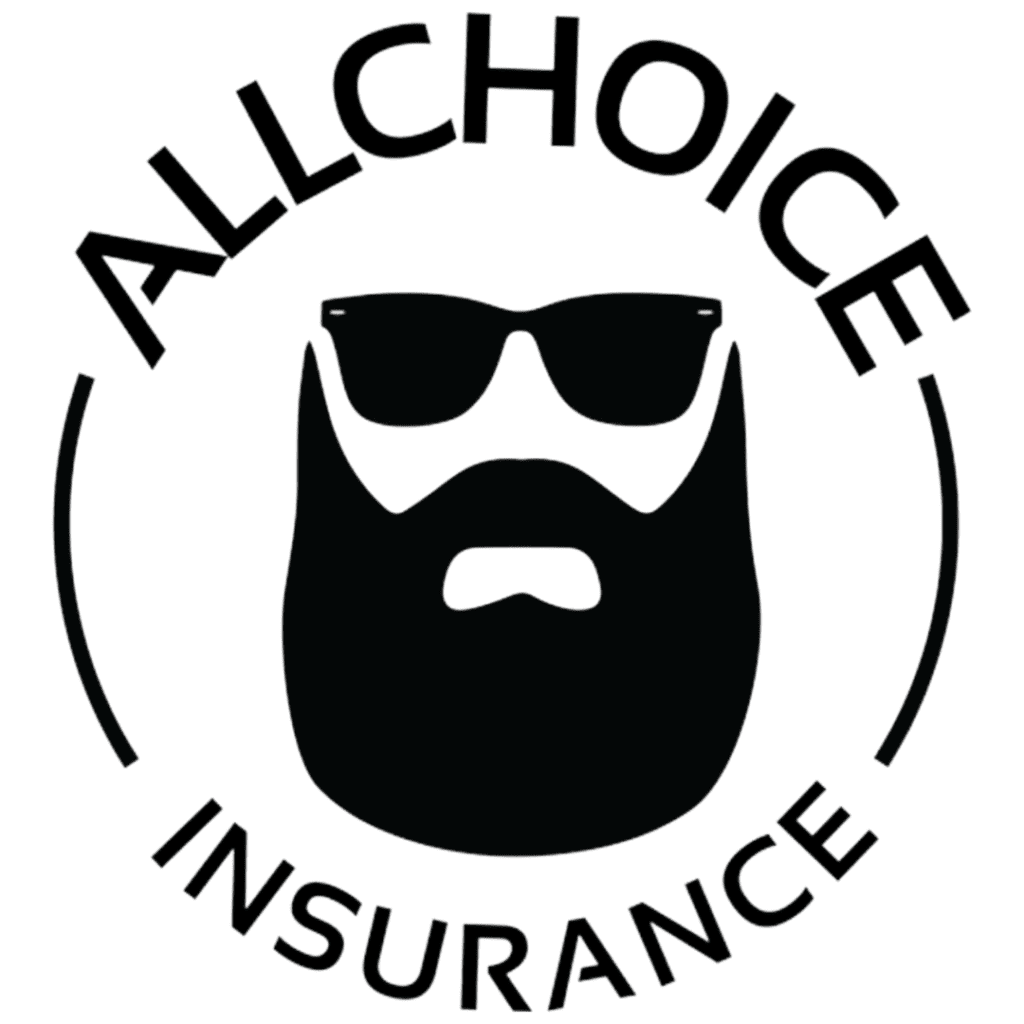How Much Is Auto Insurance?

Now that we’ve examined the national landscape and the impact of different coverage levels and insurance providers, let’s delve deeper into the personal factors that can influence your auto insurance rates. Car insurance companies set prices based on an educated guess about the likelihood of a claim, assessing various factors. These factors include:
Moreover, how you use your vehicle and your annual mileage also play a significant role in determining your insurance premiums. If you use your car frequently or for business, or if you clock in high annual mileage, you may face higher premiums due to the increased risk of accidents. Even external factors like inflation can impact rates, with the rising costs for:
vehicle repairs
labor
parts
vehicle replacement
leading to a rise in auto insurance premiums.
Now, let’s break down these factors and explore how each can impact your auto insurance costs.
Driver’s Age and Experience
Age is more than just a number when it comes to auto insurance. Drivers with less experience on the road often face higher auto insurance premiums, making it important for them to carefully consider their options when purchasing coverage. This is due to factors such as increased risk of accidents and insurance claims. This is because insurance companies view young, inexperienced drivers as a bigger risk. However, as drivers mature and gain more experience, their rates typically decrease. This trend continues until the driver reaches their 70s, at which point rates start to climb again due to the higher accident risk associated with older drivers.
Gender can also influence auto insurance rates, particularly for young drivers. Statistically, young men are often seen as riskier drivers, as they are more likely to engage in risky driving behaviors and experience accidents. As a result, they often pay more for auto insurance than their female counterparts.
Driving Record and Violations
Your driving record can significantly impact your auto insurance rates. If you’ve caused an accident, you can expect to see your car insurance costs increase by around 40% on average. Even if you’re not at fault in an accident, your premiums may still increase, highlighting that any involvement in an incident can affect your insurance rates.
Specific violations can also lead to higher premiums. For example, drivers with one speeding ticket can see their rates increase significantly, with USAA offering the cheapest average rate at $1,935 annually, a notable increase from their rate for good drivers. These violations can stay on your record for three to five years, contributing to elevated insurance costs over time.
Credit Score
Believe it or not, your credit score can also affect your auto insurance rates. Insurers in most states use credit-based insurance scores to help set premiums, as individuals with good credit generally file fewer claims. As a result, drivers with good credit often pay less for auto insurance than those with poor credit.
Poor credit can lead to higher auto insurance rates due to the increased likelihood of filing claims. However, if you find yourself in this position, don’t despair. Improving your credit score can lead to lower insurance premiums over time.



